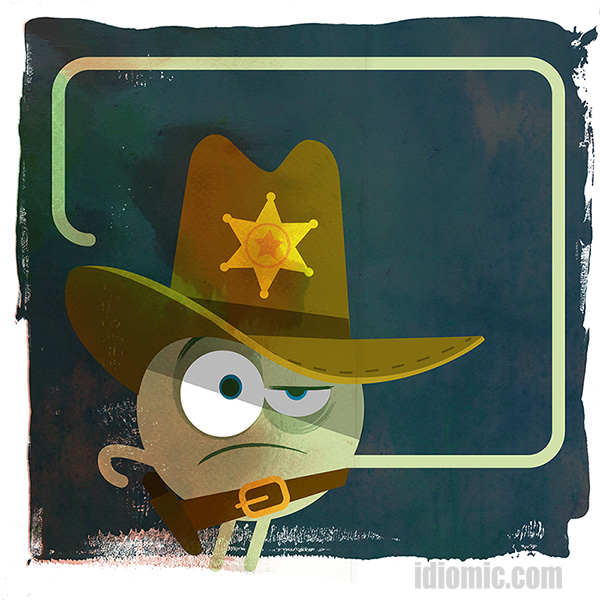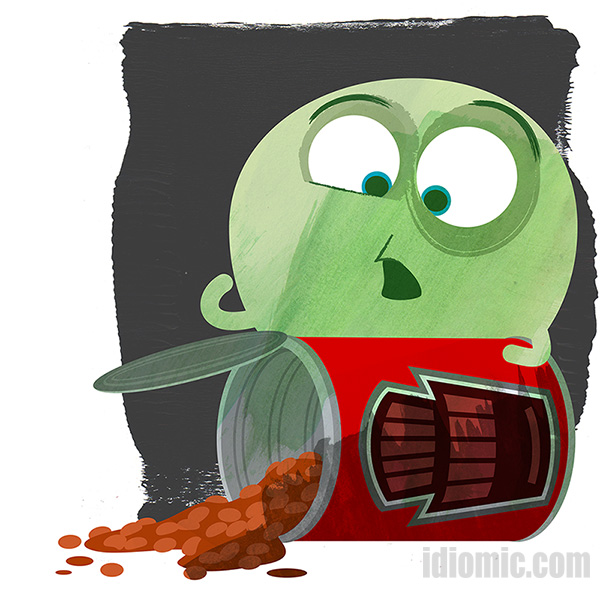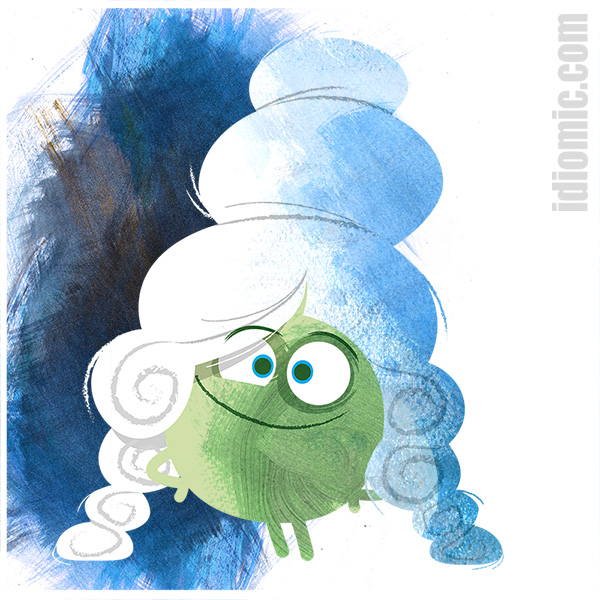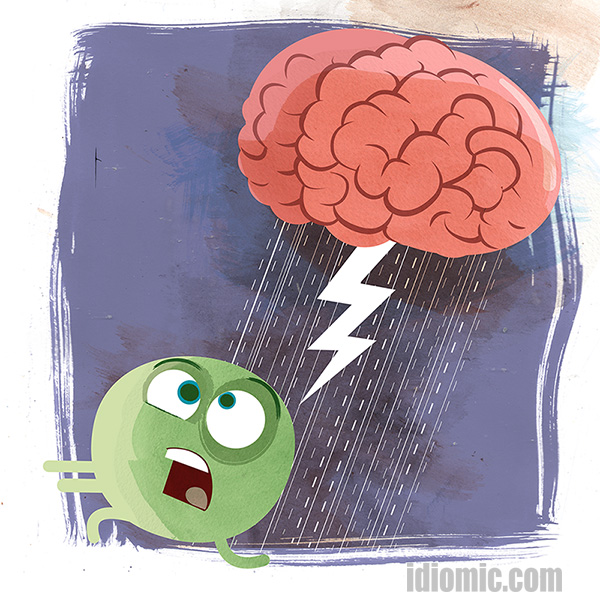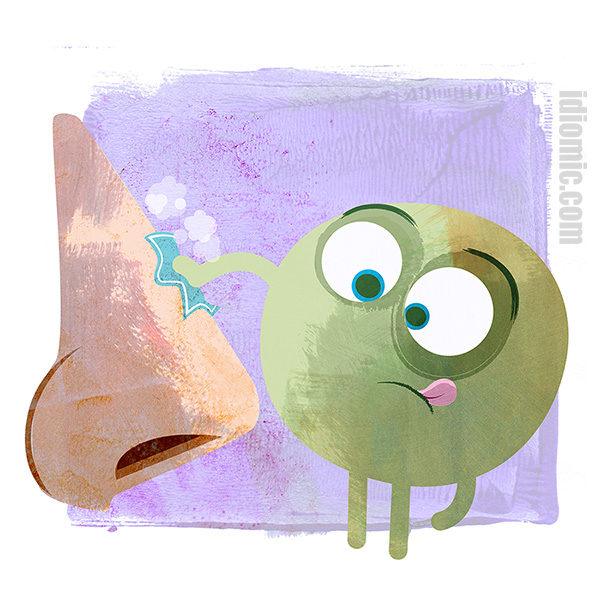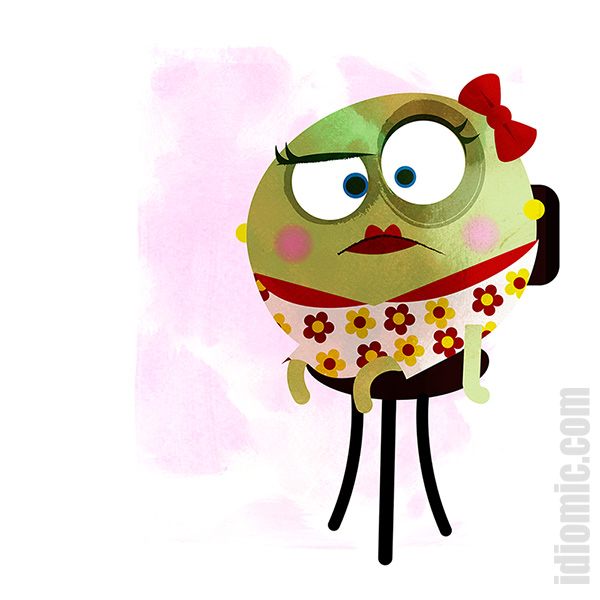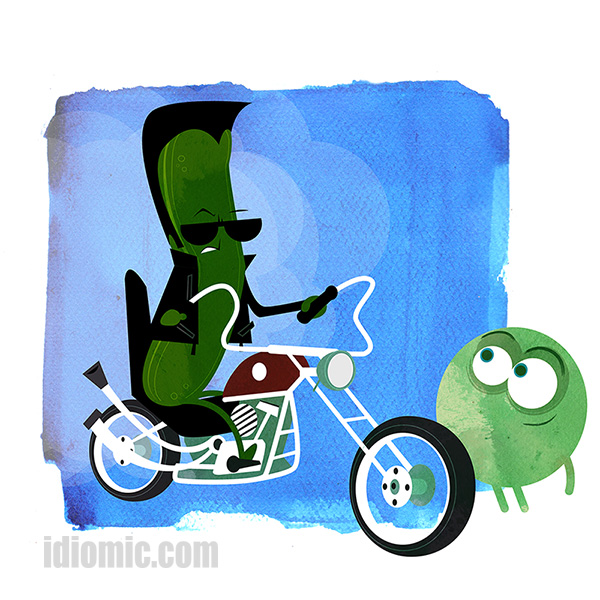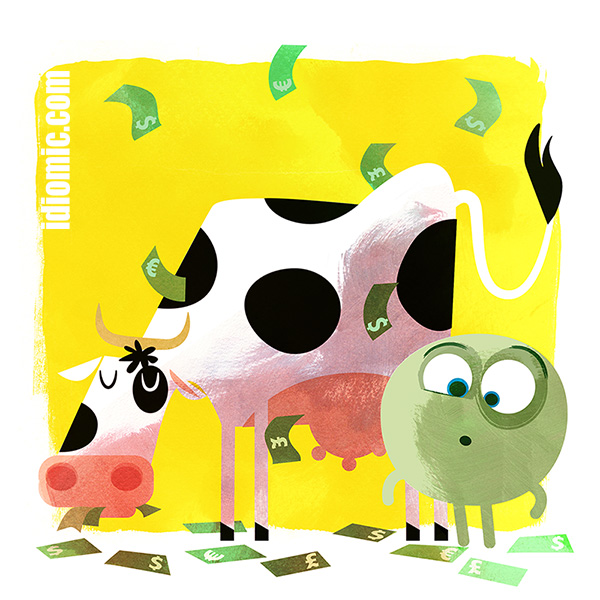Definition: The power of the police and judicial system
Example: Terry thought that nobody could catch him for robbing the bank dressed as Mickey Mouse, but the long arm of the law tracked him down.
Origin:
The long arm of the law refers to the far reaching powers of law enforcement authorities and is a very visual phrase. Just picture those long arms reaching for you…..
Its first usage seems to have referred to royalty, coined in the sixteenth century phrase ‘Kings have long arms’.
By the nineteenth century, it was law enforcement that had long arms in common language. In fact, the law’s arm had more than mere length. They had strength as well, described in another common phrase, less used today, ‘the strong arm of the law‘. At the end of those long and strong arms, yet another phrase described ‘the strong hand of the law‘. This particular one seems to refer to the practise of the police laying a hand upon your shoulder when arresting you. This habit coined a fourth phrase, that of the arrest being ‘a collar‘, as often the guilty party tried to take flight and the officer grabbed the first thing available…. his collar.
So. Four phrases. All from the single idea that justice will find you, no matter where you hide.
Iddy doesn’t care about that though. He just wants to know how he’s ever going to get his arm back to the right length.

